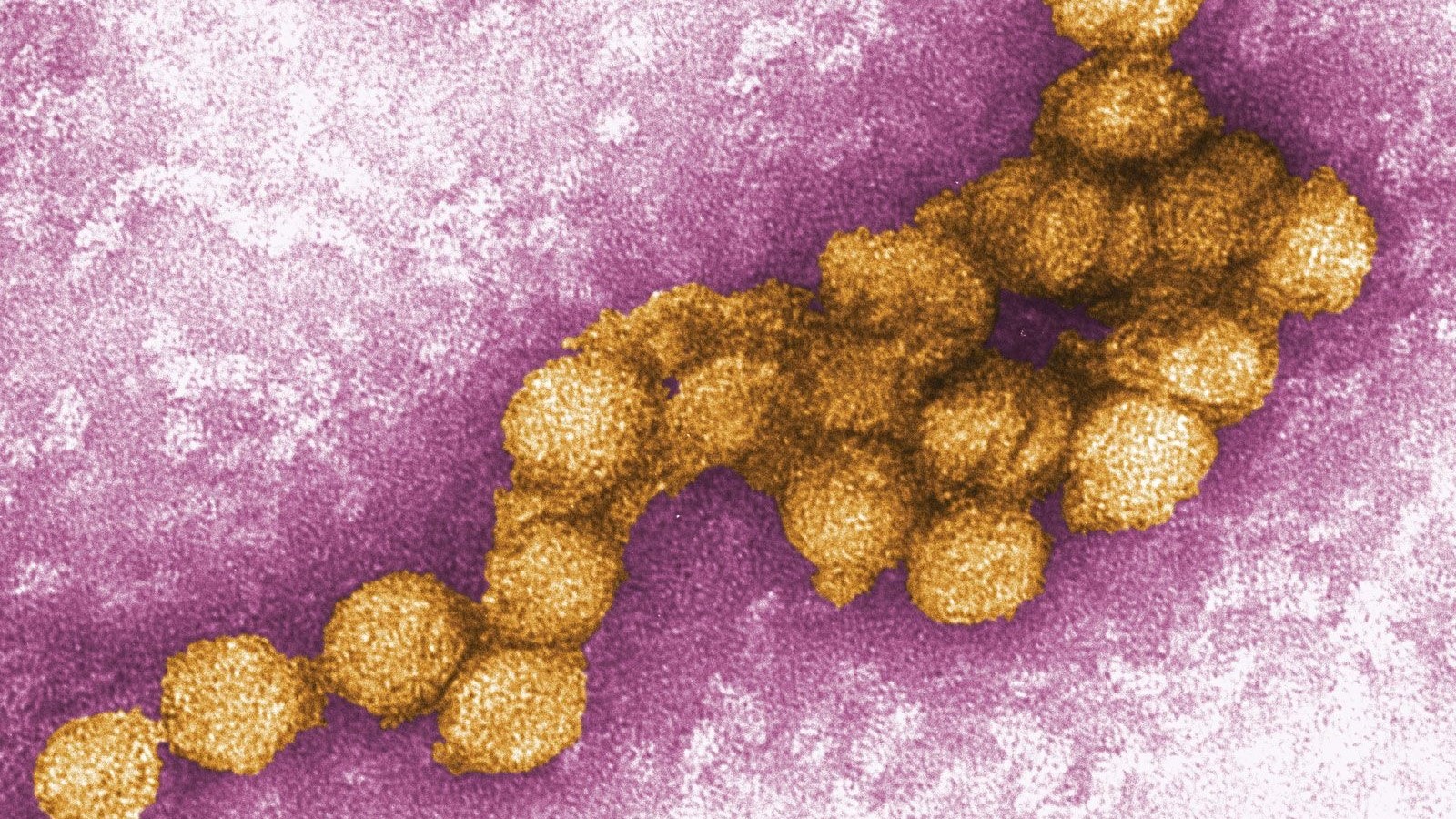West Nile virus (WNV) is a potentially dangerous and sometimes fatal virus that is primarily transmitted to humans through the bite of infected mosquitoes. It is classified as a member of the Flaviviridae family, which includes other significant viruses like Zika, Dengue, and Yellow Fever. This article will provide an overview of West Nile virus, its transmission, and its presence in the state of Massachusetts.
West Nile Virus:
West Nile virus is typically found in birds and is transmitted to humans, as well as other mammals, through mosquito vectors. While most people infected with WNV do not exhibit any symptoms, the virus can cause mild to severe illness, and in rare cases, it can be fatal. Symptoms of WNV in humans include fever, headache, body aches, joint pain, vomiting, diarrhea, and rash. Severe cases may lead to neurological symptoms, such as encephalitis (inflammation of the brain) or meningitis (inflammation of the protective membranes covering the brain and spinal cord).
Transmission:
Mosquitoes play a crucial role in the transmission of West Nile virus. The virus circulates in nature through a cycle involving birds and mosquitoes. When an infected mosquito bites a bird, it can become a carrier of the virus. Subsequently, when the same mosquito bites a human, it can transmit the virus to the individual. This cycle sustains the virus and can lead to seasonal outbreaks in areas where suitable mosquito vectors are present.
Massachusetts, like many other states in the United States, is not immune to the presence of West Nile virus. The risk of WNV infection in Massachusetts is typically higher during the warmer months when mosquitoes are most active. Although the majority of people who become infected do not develop symptoms, some individuals may experience mild to severe illness.
Preventive Measures:
To reduce the risk of contracting West Nile virus, it is important to take preventive measures, especially during peak mosquito activity seasons. These measures include:
1. Use insect repellent with DEET or other EPA-approved ingredients.
2. Wear long sleeves and pants, especially during dawn and dusk when mosquitoes are most active.
3. Eliminate standing water sources, as they provide breeding sites for mosquitoes.
4. Install window and door screens to keep mosquitoes out of living spaces.
5. Support community mosquito control programs.
West Nile virus remains a concern in Massachusetts and many other regions. While the majority of individuals infected with the virus do not experience symptoms, it is essential to take preventive measures to reduce the risk of infection. By being proactive and following recommended precautions, residents of Massachusetts can minimize their chances of contracting this mosquito-borne illness. Public health authorities and local governments also play a critical role in monitoring and controlling the spread of West Nile virus to protect the health of their communities.
